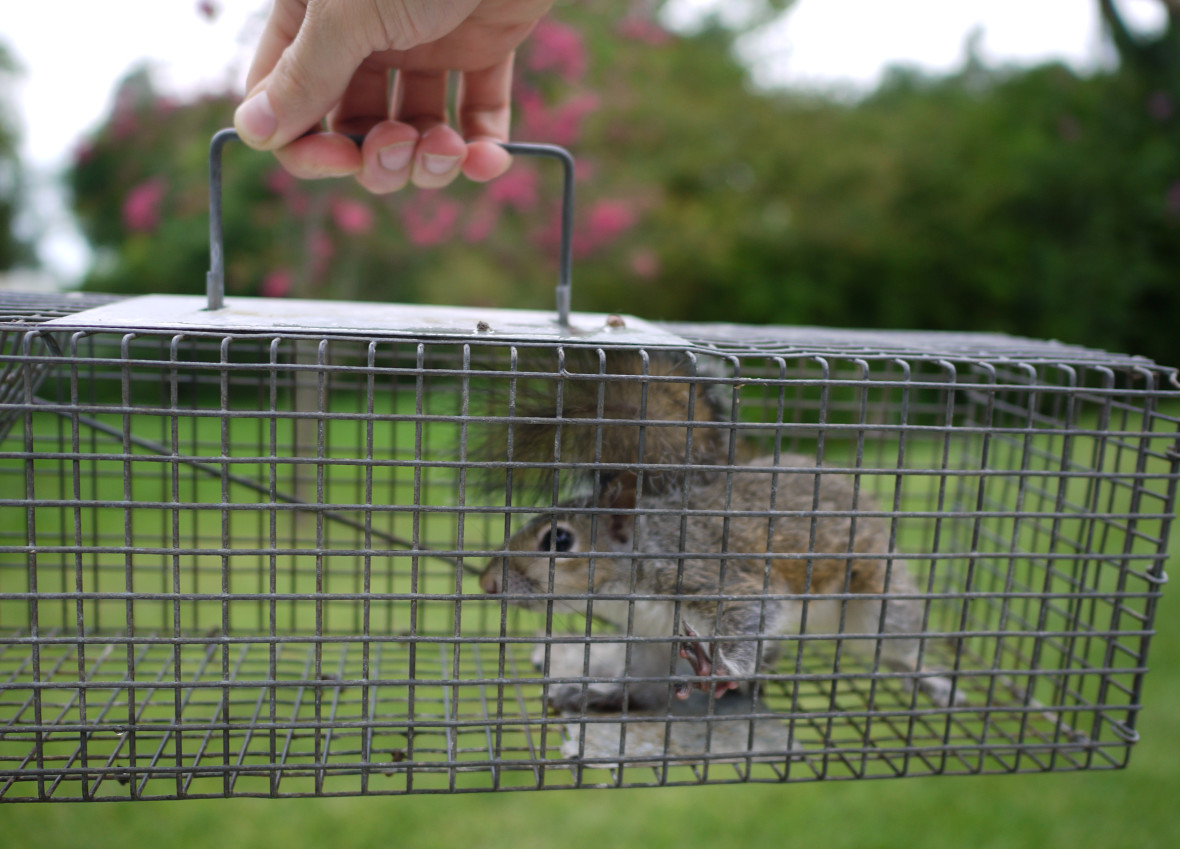- info@Patersonanimalattic.com
Call 24/7 for a free quote:
973-607-2112
Why Most Relocated Rodents Do Not Survive
There is an increasing reliance towards relocation when Paterson homeowners needed to manage the wildlife presence. Mot people will think that the relocation is a humane and efficient solution. However, you will be shocked to know that most relocated animals will not survive in an unfamiliar environment. When homeowners are confronted with a rodent that is living in your property, they often look for a humane solution. Most of them believe that relocating the animal is a humane way to resolve their problem.

Why Relocating Animal Is Not a Humane Solution
Relocating the animal back to its natural habitat may sound like a perfect idea. Unfortunately, the animal often ends in a sad situation. It will not lead to a long-term solution. There are also lists of problem that it can create. Here are some of them.
It Creates Unintentional Orphan
Between the month of March-August, most Paterson rodents will choose to den in our property since they need a safe and secured place where they can raise their babies. Since they are well adapted to the life in the urban areas, they will choose to establish their nest in the obscure and dark areas of our homes such as chimney, attic, etc. Failure to recognize that there are babies present can create unintentional orphans. Therefore, you shouldn’t perform relocation during the summer and the spring season. Baby rodents will be dependent to their mother. They will usually die from starvation and dehydration if you separate them from their parents.
Other Dangers Related with Relocation
While most homeowners are looking for humane method to solve their problem, you need to know that rodents will not settle immediately in an unfamiliar environment. This is regardless if the new environment will appear inviting to them. Based on a 2004 study that involves a grey squirrel that have been relocated to the forested area, about 97% of the relocated grey squirrels have either disappeared or died.
When you introduced a rodent in an unfamiliar environment, they will feel disoriented. It will be difficult for them to look for a possible shelter, water, and food source. You are probably introducing them in the territory of another animal. They can then be attacked or chased out of the area. It will also be difficult for them to look for a place where they can hide. If you are relocating a mother, they can persistently look for their orphans and may die during the process.
In case you discovered that there are rodents dwelling inside your New Jersey house, you will need to remain calm and patient. If the animal is not causing any damages, you can guarantee that they will immediately leave your house as soon as the babies are fully capable of surviving on their own. When waiting is not an option, you need to evict them humanely from your property. Simple hazing can encourage the rodent family to move in a safer place. Once the nest of the rodent has been disturbed, it will choose to move its babies.
Visit our Paterson animal removal home page to learn more about us.

